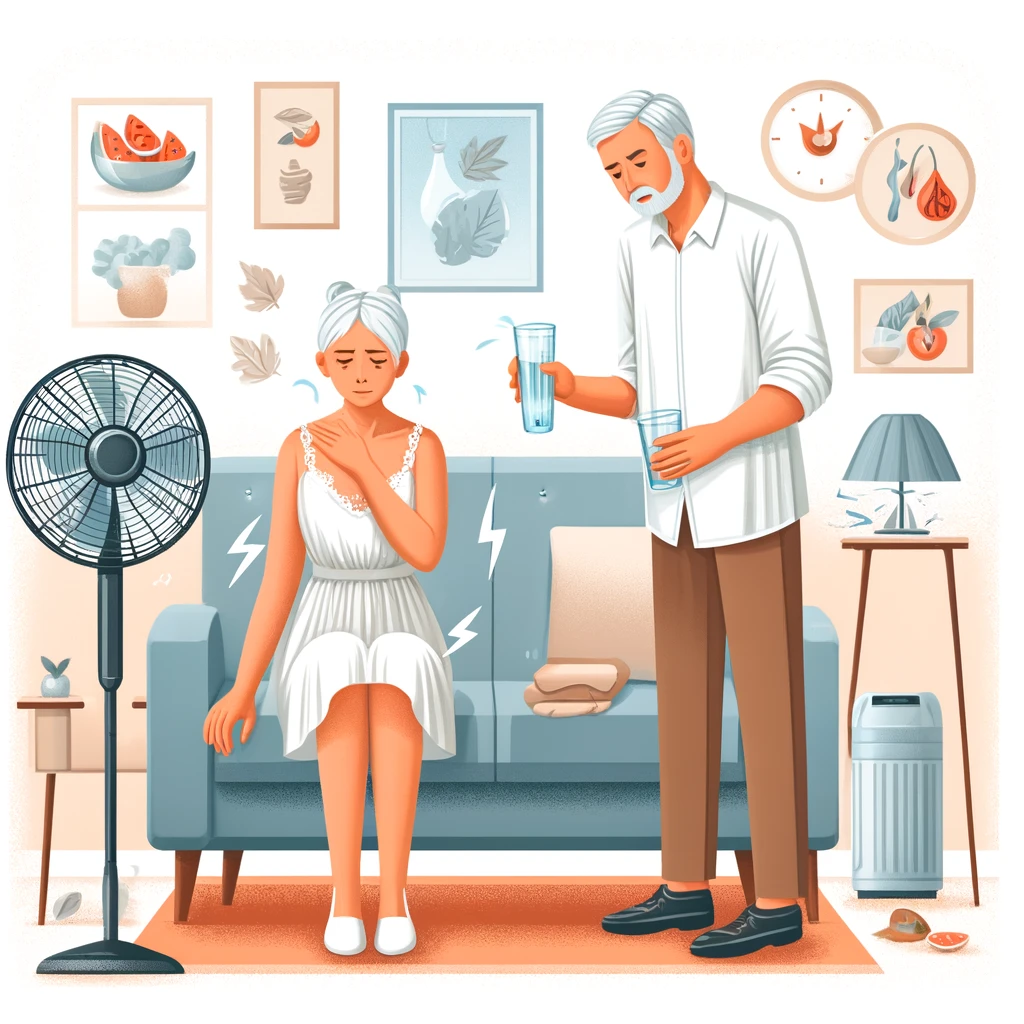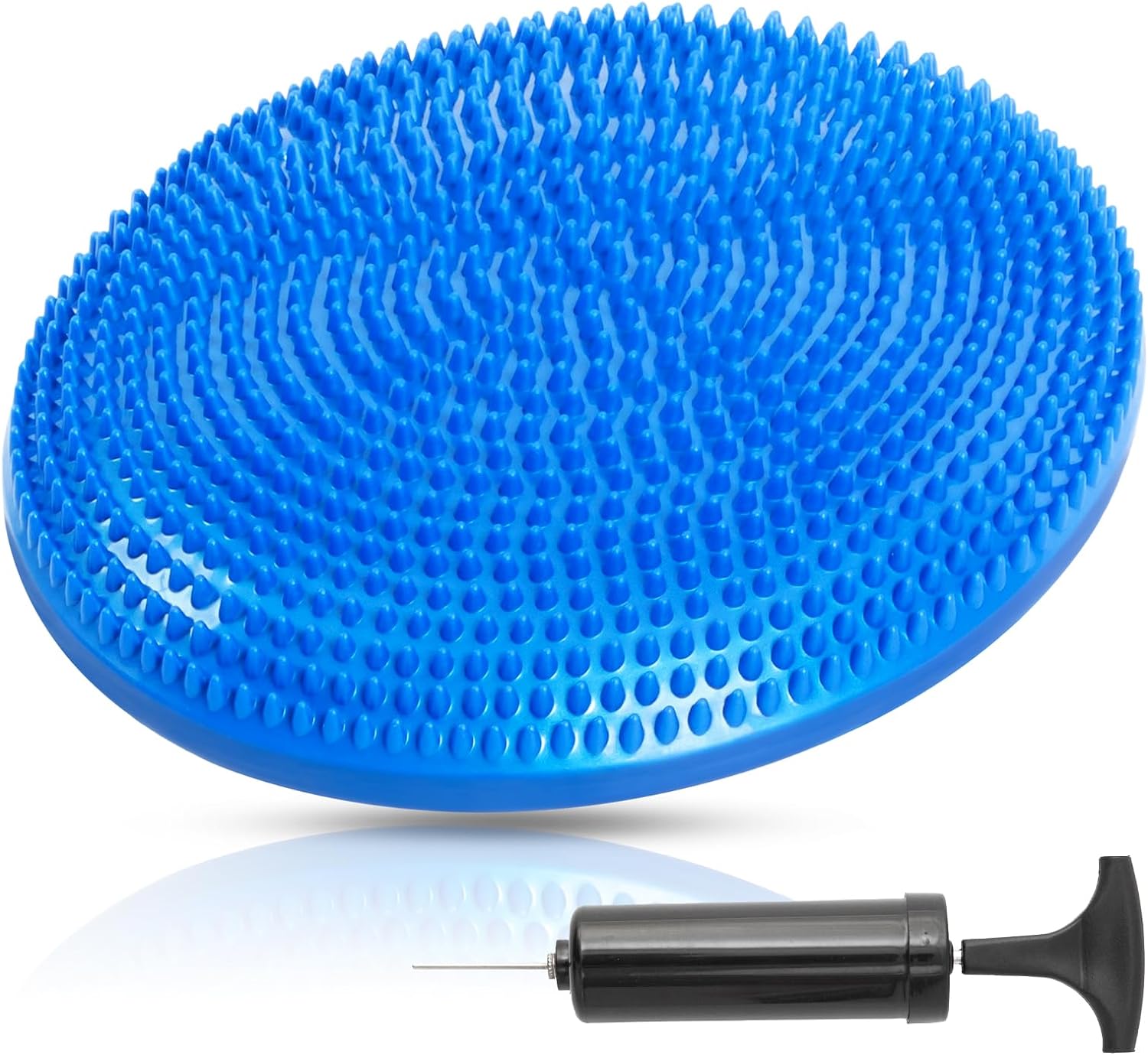Navigating Menopause: A Guide for Seniors
Welcome to our comprehensive guide on menopause management for seniors. As women transition into this natural phase of life, understanding and managing the symptoms of menopause is essential for maintaining a high quality of life.

- This guide is designed to equip you with practical strategies and insights to effectively manage the changes that come with menopause.
- From dietary adjustments to fitness routines and mental health support, we’ll cover all the bases to help you navigate this significant life transition with ease and confidence.
- Whether you’re experiencing symptoms directly or supporting someone through their menopause journey, this guide offers valuable information to help seniors lead a healthy and vibrant life during and beyond menopause.
Menopause is a natural stage in a woman’s life, marking the end of her reproductive years. However, the transition can come with a variety of symptoms that may affect daily life. This comprehensive guide on menopause management aims to provide seniors with effective strategies to handle these changes, enhancing their health and well-being during this significant phase.
Understanding Menopause
Menopause marks a significant transition in a woman’s life, signifying the end of her reproductive years. This natural biological process typically occurs between the ages of 45 and 55, but every woman’s experience can vary widely. Some may encounter early menopause, while others may go through this transition later. Understanding the wide range of symptoms and the impact they can have on daily life is the first step toward effective management. These symptoms are largely due to the body adjusting to decreased production of estrogen and progesterone, hormones that regulate the menstrual cycle.
Symptoms and Their Impacts
The journey into menopause is unique for every woman, with symptoms ranging from mild to severe, potentially affecting physical, emotional, and mental health. Key symptoms include:

- Hot Flashes and Night Sweats: Sudden feelings of warmth that can lead to discomfort and sleep disturbances.
- Mood Swings and Emotional Changes: Fluctuations in emotional state can occur, often exacerbated by poor sleep.
- Sleep Disturbances: Changes in sleep patterns, often due to night sweats or increased anxiety.
- Weight Gain: Metabolic rates can slow down, making it easier to gain weight, especially around the abdomen.
- Decreased Bone Density: Lower estrogen levels can lead to a decrease in bone density, increasing the risk of osteoporosis.
Managing Hot Flashes and Night Sweats
Hot flashes and night sweats are among the most common and challenging symptoms of menopause. These can disrupt daily activities and significantly impact sleep quality. Effective management involves both lifestyle adjustments and specific strategies to minimize discomfort.

Stay Cool and Comfortable
- Dress in Layers: Wearing light, breathable fabrics allows for quick adjustments based on your body temperature, which can fluctuate dramatically.
- Regulate Home Temperature: Keeping your living space cool with fans or air conditioning can prevent episodes of overheating.
Adjust Your Diet
- Avoid Triggers: Identify and avoid foods and drinks that can trigger hot flashes, such as spicy foods, caffeine, and alcohol.
- Stay Hydrated: Drinking plenty of water throughout the day helps regulate body temperature and can reduce the severity of hot flashes.
Enhancing Sleep During Menopause
Quality sleep can be elusive during menopause, largely due to night sweats and increased anxiety. Creating a conducive sleeping environment and adopting habits that promote relaxation are key to improving sleep.

Create a Sleep-Inducing Environment
- Cool Room: Keeping the bedroom at a cooler temperature can help mitigate night sweats and aid in falling and staying asleep.
- Comfortable Bedding: Opt for breathable, moisture-wicking bed linens to stay comfortable throughout the night.
Establish a Relaxing Bedtime Routine
- Limit Screen Time: Reduce exposure to blue light from screens before bedtime as it can interfere with melatonin production.
- Relaxation Techniques: Incorporate relaxation practices such as meditation or gentle yoga to reduce stress and prepare the body for sleep.
Nutrition for Menopause Management
Proper nutrition is crucial during menopause as it supports overall health and helps mitigate various symptoms. A well-balanced diet rich in essential nutrients can ease transitions and promote long-term wellness.

Essential Nutrients
- Consuming adequate calcium and vitamin D is paramount to prevent bone density loss, a common issue during menopause. Dairy products, leafy greens, and fortified foods can help meet these needs.
- Incorporating lean proteins from sources like fish, chicken, and legumes not only helps maintain muscle mass but also aids in weight management, which can be challenging during this period.
Beneficial Foods
- Increasing the intake of fruits and vegetables can provide vital nutrients and antioxidants, which combat oxidative stress and inflammation associated with aging.
- Foods high in fiber, like whole grains and legumes, improve digestive health and help regulate blood sugar levels, which can fluctuate during menopause. Omega-3 fatty acids, found in fish and flaxseeds, are essential for heart health and mood stabilization.
Exercise for Menopause Symptom Relief
Exercise is a powerful tool for managing menopause symptoms, enhancing mood, supporting cardiovascular health, and strengthening bones and muscles weakened by the hormonal changes of menopause.
Cardiovascular Exercises

- Regular aerobic activities like walking, cycling, or swimming improve heart health and aid in weight management, which can be a struggle due to the hormonal changes in menopause.
- These activities increase endorphins, which can boost mood and alleviate symptoms of depression and anxiety.
Strength Training

Engaging in strength training at least twice a week is essential for building muscle mass and strengthening bones, helping to combat the increased risk of osteoporosis. Using weights, resistance bands, or body-weight exercises can be highly effective.
Flexibility and Balance

- Incorporating flexibility and balance exercises such as yoga or tai chi can improve joint health, reduce stress, and enhance overall mobility.
- These practices also focus on breathing and mental wellness, providing a holistic approach to menopause symptom management.
Mental Health and Menopause
The hormonal fluctuations during menopause can significantly affect mental health. Managing these changes proactively is key to maintaining emotional well-being.

Seek Support
- Building a support network through community groups, friends, family, or professional help can provide emotional reassurance and practical advice.
- Therapy or counseling can be particularly beneficial in addressing menopause-related anxiety or depressive symptoms.
Engage in Enjoyable Activities
Maintaining engagement in enjoyable activities helps to boost mental health. Whether it’s pursuing a hobby, traveling, or volunteering, active engagement in life promotes a positive outlook and helps combat the isolation and mood swings that can accompany menopause.
Inspirational Quote
“Menopause is not the end but a new beginning. Embrace the changes with grace and positivity.” This quote encapsulates the journey of menopause as an opportunity for growth and renewal. Embracing this phase with a positive mindset can significantly influence one’s experience and quality of life.
Menopause and Lifestyle Adjustments
Adjusting lifestyle habits is crucial for managing menopause effectively. Small changes can have significant impacts on symptom management and overall quality of life.

Quit Smoking and Moderate Alcohol
Smoking cessation is vital as it can worsen menopause symptoms and increase health risks. Similarly, reducing alcohol intake can help manage symptoms more effectively and contribute to overall health.
Regular Check-ups
Staying on top of health screenings and regular doctor visits helps monitor and manage the physiological changes during menopause. Regular check-ups provide an opportunity to adjust medical and lifestyle interventions as needed.
Conclusion: Embracing Change
Menopause is a natural and significant phase in a woman’s life that brings various changes. Embracing these changes with the right strategies and a positive outlook can transform this period into one of empowerment and renewal. With the guidance provided in this comprehensive article, navigating menopause can be a smoother and more fulfilling experience.
About Steve Allison
At the end of this informative journey, it’s important to acknowledge the expertise of Steve Allison, a NASM-certified personal trainer and nutrition specialist for seniors. His dedication to enhancing the lives of seniors through tailored fitness and nutritional advice has made a significant impact, helping many navigate the challenges of menopause with confidence and grace. For personalized support and more information, visit TheFitnessHelpDesk.com.






























